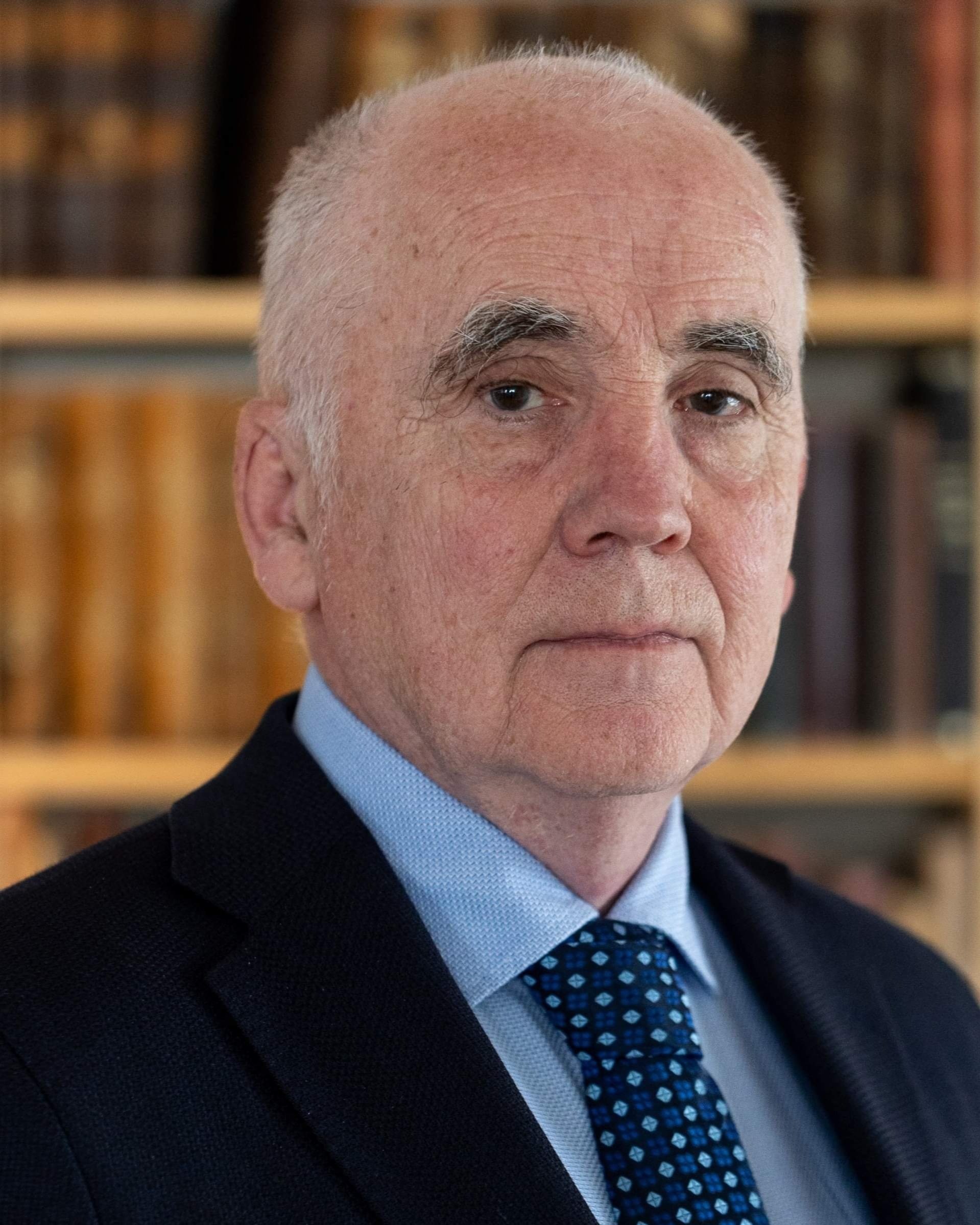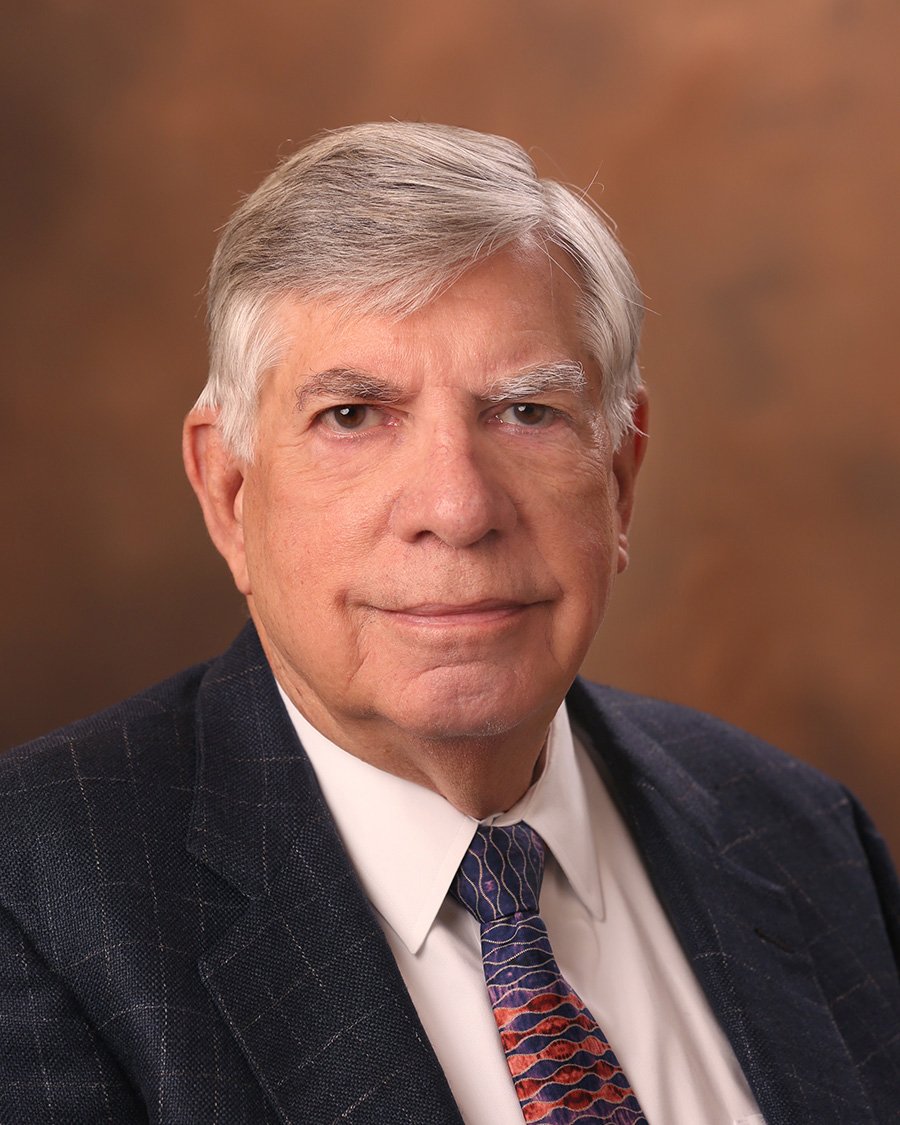
Look to Denmark
Jesper Lohse, leader of Fathers' Association (Denmark).
Presentation of law, policies and practice over the past decade and the current human rights case against Denmark for Shared Parenting and prevention of Parental Alienation.

A systematic review on the causation issue of parental alienation
Eivind Meland (presenter), David Jahanlu, Sophie Roswall, Lena Hellblom Sjögren and Björn Cedervall.
A systematic review on epidemiological and intervention studies was conducted to explore the link between PA exposure and health consequences. Using Hill's list, researchers examined if there was a causal connection between PA and health issues. While many studies had biases, most showed a consistent link between PA and negative health effects.

The concept of parental alienation as supported by professional journals from several disciplines
Bjorn Cedervall (a) and Sophie Roswall (b)
The field of parental alienation, PA, now shows several criteria of a maturing science (Harman et al., 2022). This is also manifested by the types of peer-review journals which publish articles about the concept. We have identified 185 such journals which clearly show the interdisciplinary character of the field.

Understanding and Addressing Parental Alienation Behaviours: Impacts and Solutions
Ben Hine
A study involving over 1,000 separated or divorced parents found a high prevalence of Parental Alienating Behaviors (PABs). When participants self-reported PABs, 39.2% said they experienced them. However, when assessed through specific behavioral examples, the percentage rose to 59.1%, highlighting the difficulty in identifying PABs solely through self-reporting.

Unveiling the Importance of Parental Bonding: A Neurobiological Perspective
Jorge Guerra Gonzalez
Understanding the neurobiological foundations of parental bonding emphasizes the enduring nature of the relationship. Deliberate severance of this bond inflicts profound harm, amplifying into a significant societal issue. Acknowledging parental attachment's essential nature and evolutionary significance can foster positive outcomes for families and society"

Introduction the children’s divorce group model
Hanna Ristimäki and Reetta Toivonen
Divorce groups provide peer support for children whose parents are separated. In the group, children can process the changes caused by the parents' separation and it gives children possibility to explore their own feelings and thoughts in difficult circumstances and endorses child's resilience. They learn coping skills through creative activities and by talking together with peers and trained group leaders. The children report it makes them feel better.

Attachment goes to court
Pehr Granqvist
I discuss our “Attachment goes to court” consensus statement (Forslund et al., 2022) on the use of attachment theory and research in child protection and custody contexts. Attachment theory is often drawn upon in such contexts, but misunderstandings are widespread and can result in serious misapplications that run counter to a child’s best interests.

What Can Alienation Advocates Do to be Accepted In The Broader Community of Professionals
Robert A. Simon, Ph.d
Advocates of Parental Alienation strongly believe that alienation presents a very real risk to children, they feel that they’ve learned how to identify it and how to intervene. Yet, PA advocates are frustrated and even puzzled by why their viewpoint, methods and science has not been broadly adopted by the family law community.

How the ECHR has dealt with PA cases and how their judgement should influence other courts in Europe
Geir Kjell Andersland
Child rights lawyer Geir Kjell Andersland has particular expertise in children's rights, child protection cases and parental disputes, and undertakes assignments as a speaker alongside his writing activities. Andersland was previously state secretary in the Ministry of Social Affairs. He has also for periods worked as a lawyer.

Davíð Þór Björgvinsson
Davíð Þór Björgvinsson is a former judge at the European Court of Human Rights. He is presently a professor and Dean of the Faculty of law at University of Akureyri.

So many perspectives: Can we have constructive dialogue with critics and deniers of parental alienation theory?
William Bernet
Discussions regarding parental alienation theory and the broader topic of parent–child contact problems have unfortunately been argumentative and divisive. This high level of polarization has hindered and constrained parental alienation scholarship, impeding the education of mental health and legal professionals as well as research aimed at preventing and intervening in cases of parental alienation.

In the Best Interests of Children - How American Family Courts Have Assessed the Role of Parental Alienation in Child Custody Cases
Ashish S Joshi
Family Courts in the United States are intimately familiar with parental alienation. While the debate continues to rage over the "theory" of parental alienation, there is an overwhelming consensus over the "phenomenon" of alienation. American family judges have accepted, acknowledged, and endorsed the phenomenon of parental alienation.

FA(R)EN" ("DA(MNE)D
Hanne Ramsdal
Hanne Ramsdal´s work "FA(R)EN" ("DA(MNE)D") is based on interviews with men who has not been allowed to spend as much time as they wish with their children after break-ups. She has a personal history, as she did almost spend no time with her dad after her parents divorced. As a grown-up and mother of two children, she is left with questions concerning parenthood and child-sharing, questions that she wants to discuss in a dialogue with Lena Hellblom Sjögren at the Friday morning session.

Dialogue: Criminality, Social Deviancy and Institutional Responses to the Crisis of the Child’s Best Interests.
Teresa Silva and Stan Korosi.
In this dialogue, we will discuss aspects of institutional response to PA and how it minimises its adverse impact on children and targeted parents. In particular, we will debate the consequences of not considering PA a psycho-social emergency for children and remediation as a child-protective action.

The bothersome father
Paulo Chavarria
Paradox in the land of equality.
After seeing how his own father in Costa Rica lost contact with his two sons from a previous marriage, father and director Paulo Chavarria sets out to try to find some answers. Now living in Norway -the land of equality- and after his own divorce, Paulo asks: Why do children still lose most contact with their fathers? Is it the best for children? And is it potentially a violation of human rights?

The essential needs of children in situations of parental alienation:A responsibility-based approach to policy and practice
Edward Kruk
The concept of the “best interests of the child from the perspective of the child,” based on an enumeration of children’s essential needs and corresponding parental responsibilities to those needs, and the responsibilities of social institutions to support parents in that regard, provides a more child- and responsibility-focused approach to policy and practice in the arena of parental alienation.

Major challenges for the pursuit of the child´s best interests in the legal system in Norway
Camilla Bernt
Determining custody and contact is primarily a matter of private law, and parents have full autonomy. There is a free mediation service available, but there is no administrative body with power to make decisions on custody and contact when parents are not able to agree, thus leaving the parents with a lawsuit as the only option in such cases.